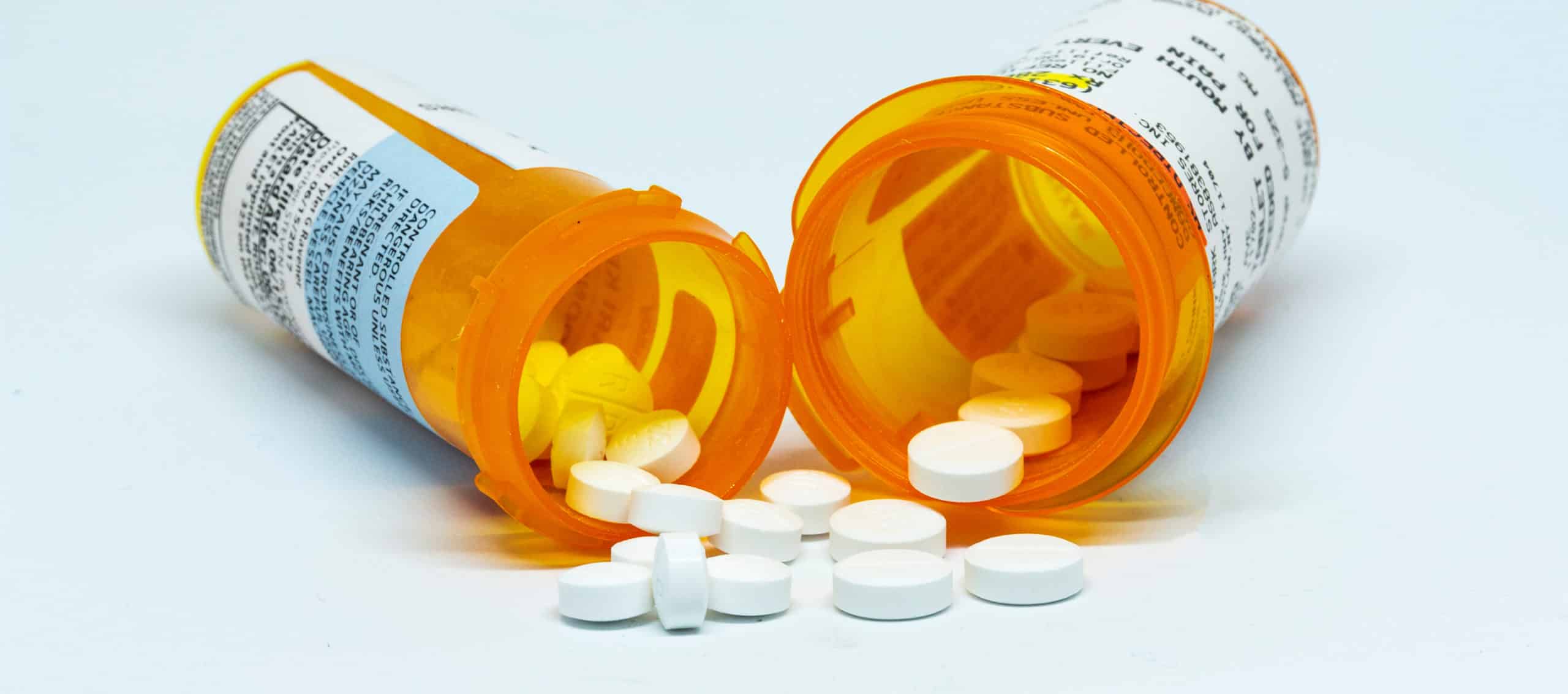Opioid drugs, including opioid painkillers and illicit substances like heroin, are highly addictive and dangerous substances. All types of opioids are powerful substances that, without treatment to overcome dependency on their effects, will inevitably lead to opioid addiction.
How Do Opioids Impact the Body?
Using opioid drugs has a far more significant impact on the body than inducing feelings of happiness or euphoria. While opioids affect all areas of the body, the most significant effect of opioids is on the brain. When used, the drug attaches to specific receptor sites in the brain and body known as receptor sites. These are the particular areas of the brain responsible for transmitting messages throughout the body about feelings of pain and pleasure. Opioids attach to these sites, limiting or entirely restricting your ability to sense or feel discomfort. Opioid drugs also affect how your brain produces and releases dopamine, a chemical responsible for feelings of pleasure and relaxation.
Using opioid drugs, whether illicit or prescription, changes the amount of dopamine produced and released into your body. Using opioids causes the brain to release far more dopamine than it would under “normal” circumstances. This is part of what leads to a dependency on opioids because without them; you cannot feel the same levels of pleasure and relaxation as you can when using.
In addition to significant effects on brain structure and function, opioid use also affects other body systems. Short-term use of opioids may lead to stomach problems, confusion, slowed breathing, fatigue, slowed heart rate, and dizziness. With long-term use of opioids, you may notice problems with memory and thinking, increased infections, and, with long-term untreated use, addiction.
What are the Symptoms of Opioid Withdrawal?
When you develop an addiction to an opioid, withdrawal symptoms will occur when you try to reduce how much you use or quit using entirely. In many cases, these withdrawal symptoms can occur a few hours after your last dose. Opioid withdrawal symptoms are often unpleasant and painful but can be dangerous and even fatal as well. The more severe symptoms typically connected to opioid withdrawal make seeking help at a professional addiction rehab where you can detox a vital step in your recovery.
The most common symptoms of opioid withdrawal typically include sweating, stomach problems, agitation, body aches, problems sleeping, anxiety, nausea, and vomiting. Some people will also experience severe symptoms such as seizures, irregular heartbeat, and changes in breathing patterns.
Why is a Professional Opioid Detox Program Essential?
As previously mentioned, opioid withdrawal can lead to severe symptoms for some, but it is impossible to predict who these severe symptoms will affect. Should you choose to attempt detox alone or “cold turkey,” you may suffer from complex and dangerous withdrawal symptoms without the benefit of medical support and guidance. Relapse frequently occurs in these situations because the symptoms of withdrawal become too difficult to manage. Texas aftercare planning and relapse prevention can be crucial in this process.
At a professional opioid detox program in Dallas, a team of medical and mental health professionals will guide you through your detox journey. As you focus on healing from the effects of addiction, our team will assist with symptom management. Depending on the individual, this may include monitoring your vital signs or administering medications to help reduce the intensity of specific withdrawal symptoms. Also, choosing a professional opioid detox program ensures you have access to medical and mental health support should an emergency arise during detox.
How to Find Opioid Detox Programs in Dallas, TX
If you or a loved one has an opioid addiction, seeking help to achieve lasting sobriety is crucial. Our highly skilled team of treatment professionals at our opioid detox program in Dallas, TX, will help you through each stage of detox, addiction treatment, and aftercare planning. We understand the journey to sobriety from opioids can be challenging. Still, with help, it is possible to put opioids and the medical and mental health complications they can cause in the past. Without help, opioid addiction can have a lasting effect on all areas of your life, far beyond the physical and psychological effects of addiction. To learn more about our Dallas, TX rehab and detox programs, contact a member of our admissions team at Dallas Detox Center today.







